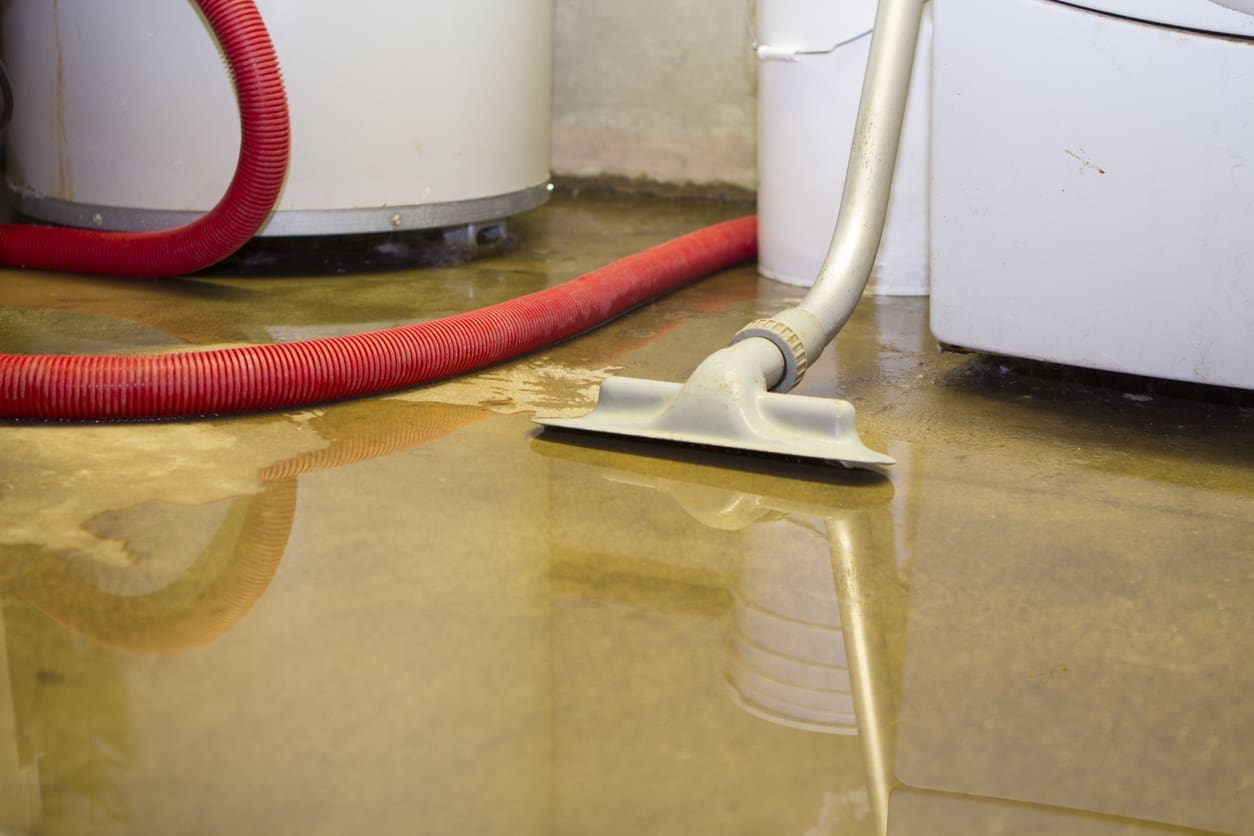Resources
Water in the Basement: Understanding and Addressing a Common Dilemma

Basements in Michigan homes are notoriously susceptible to water issues, ranging from minor dampness to significant flooding. This can lead to a myriad of problems, including structural damage, mold growth, and a decrease in the overall value of your home. Understanding the causes of water in the basement and implementing effective solutions is crucial for homeowners. This blog explores the common reasons behind a wet basement, strategies for basement leak repair, and tips for getting rid of water in the basement, especially after rain.
Why Basements Get Wet
Water leaking into the basement after heavy rain is a common issue faced by many homeowners. The primary reason for this is the geographical and climatic conditions prevalent in Michigan, including heavy rainfall and melting snow. Other factors contributing to a wet basement include improper grading around the home, inadequate or clogged gutter systems, and cracks in the foundation. Recognizing the source of the water is the first step toward a dry basement.
Effective Solutions for a Dry Basement
Basement Leak Repair
Addressing basement leaking promptly can prevent minor issues from escalating into major damage. The process begins with identifying cracks and openings in the foundation through which water can enter. Applying waterproof sealants and installing drainage systems like interior weeping tiles or sump pumps are effective ways to manage water entry.
Getting Rid of Water in the Basement
For homeowners grappling with water in the basement after rain, removing standing water quickly is critical to mitigate damage. Using a combination of pumps, vacuums, and dehumidifiers can effectively dry out the area. However, it’s important to also address the root cause of the water intrusion to prevent future occurrences.
Wet Basement Repair
Repairing a wet basement goes beyond just removing water. It involves a comprehensive approach to waterproofing, which may include exterior waterproofing membranes, proper landscape grading, and the repair of gutters and downspouts. Ensuring that water is directed away from the foundation of your home is essential in preventing basement water damage.
Preventive Measures
Taking proactive steps can significantly reduce the risk of experiencing a wet basement. Regular maintenance checks for foundation cracks, gutter cleaning, and the installation of window well covers can prevent water from accumulating around your home’s foundation. Additionally, investing in a good quality sump pump and backup system can be a lifesaver during sudden heavy rainfall.
Basement Water Damage
The consequences of ignoring basement water issues can be severe. Beyond the immediate inconvenience, persistent moisture can lead to mold growth, which poses health risks to inhabitants. Furthermore, water damage can weaken your home’s foundation and structure, leading to costly repairs down the line.
Final Thoughts
A dry basement is essential for the structural integrity of your home and the health of its occupants. Recognizing the signs of basement leaking, implementing effective repairs, and taking preventive measures can help maintain a dry and safe basement environment. Whether you’re dealing with water in the basement after rain or looking to prevent future wet basement issues, understanding the causes and solutions is the first step toward a dry basement.
Is water in your basement causing you stress? Don’t wait until minor leaks turn into major floods. Contact our team of experts today for a comprehensive assessment and tailored solutions to keep your basement dry and your home safe. Let us help you tackle your wet basement repair needs and protect your home from water damage.


